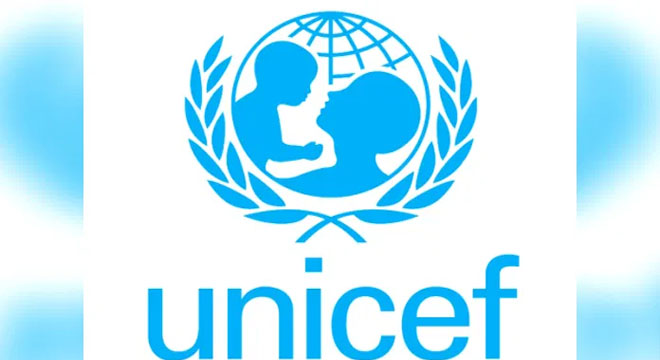UNITED NATIONS, The United Nations Children’s Fund, UNICEF, Tuesday warned that the conflict in Ethiopia’s Tigray region is depriving tens of thousands of children of their rights, plunging them into a protection crisis that is causing them unimaginable long-lasting harm.
“There is no clear end in sight” to the conflict, said agency spokesperson James Elder, after returning from a visit the northern Ethiopian region.
He said more than a million people were displaced, noting that fighting was continuing, and security remained a major issue. UNICEF had been “concerned from the onset about the harm that this is going to cause children, and unfortunately such fears are being realized.”
The conflict is the result of months of escalating tensions between the Ethiopian Government and the dominant regional force, the Tigray People’s Liberation Front (TPLF), which culminated in Prime Minister Abiy Ahmed ordering a military offensive after rebels attacked a federal army base.
Within days, militias from the neighbouring Amhara region had joined the fray, reportedly followed by some troops from neighbouring Eritrea – a long-time rival of Tigray.
According to the Government, the region had been secured by the end of November, however TPLF resistance has continued, amid accusations of extrajudicial killings and rights abuses on all sides.
Elder, the UNICEF spokesman, underscored the impact on women and girls, characterising it as a “protection crisis”.
He added: “What is really emerging now is a disturbing picture of severe and ongoing child violations, there is also unfortunately an education and nutrition emergency and I saw extensive destruction to systems on essential services that children rely on.”
Among the estimated one million displaced by the violence are children who have suffered terribly, the UNICEF official said.
Apart from the education crisis, the Tigray region is also in the grip of a nutrition emergency, linked to pillaging and the destruction of medical centres and costly irrigation systems which farming communities cannot do without.
Health centres have not been spared either, with the majority now out of action.
This includes a new maternal health clinic specializing in emergency surgery for mothers that opened 100 kilometres from Mekelle which has been ransacked.
The UNICEF spokesperson also urged all those with influence on the military actors involved in the conflict to condemn rights abuses against civilians. “Severe and ongoing child rights violations” have been reported by victims, he said.
“We have an average of three cases of reported, reported gender-based violence, remembering of course that this is probably the tip of the iceberg because reporting is very, very difficult both for…security and cultural elements of shame, and so on. I heard traumatic stories of children as young as 14, I heard reports of gang-rapes.”
Follow the PNI Facebook page for the latest news and updates.









